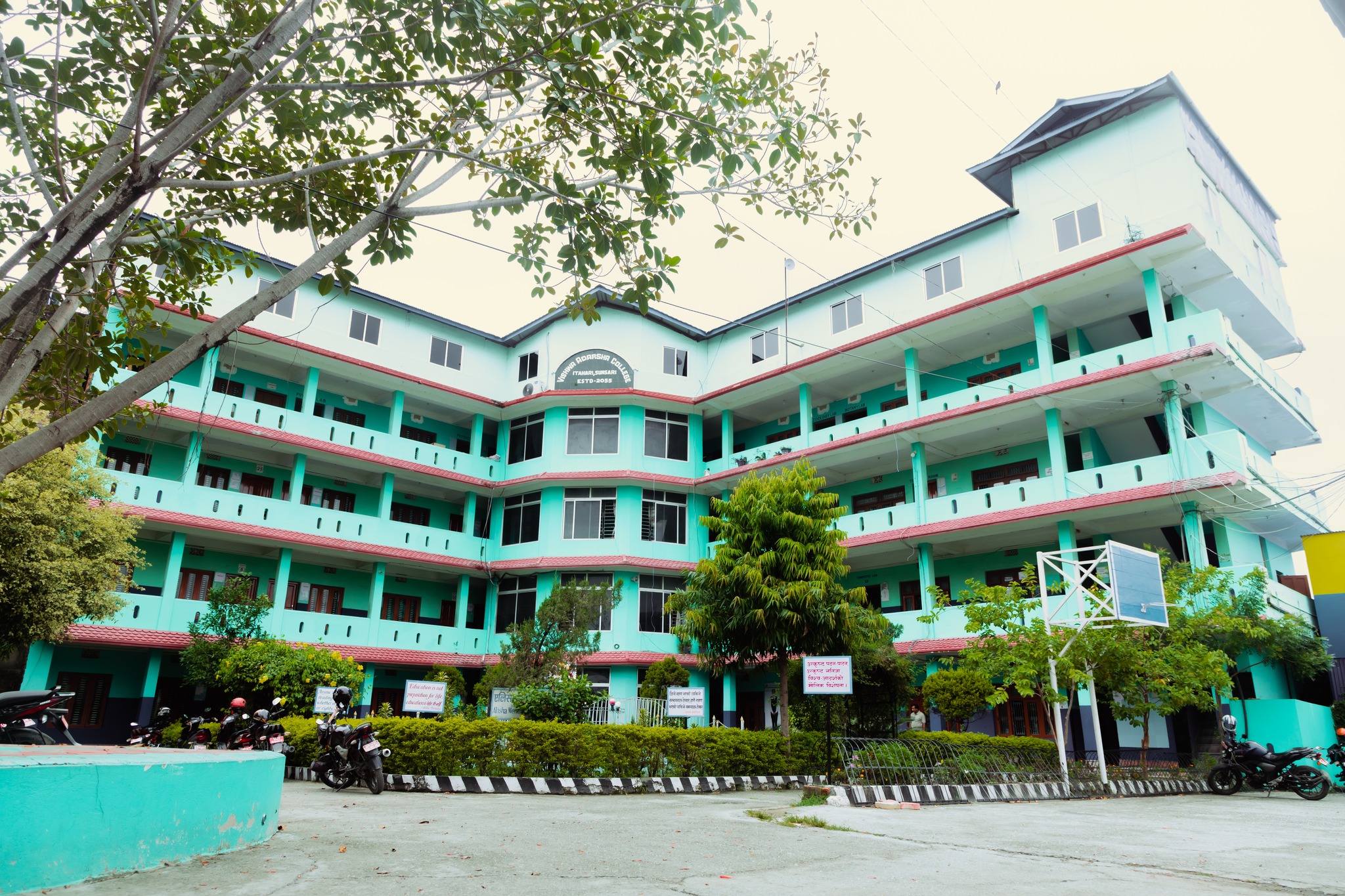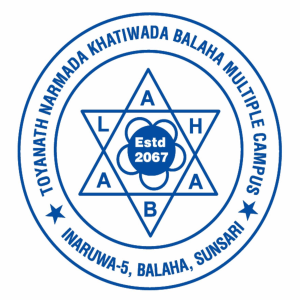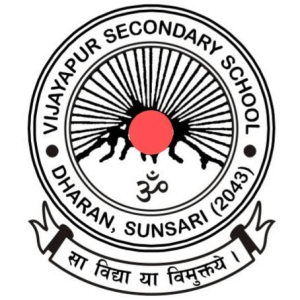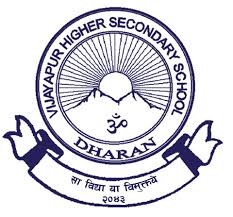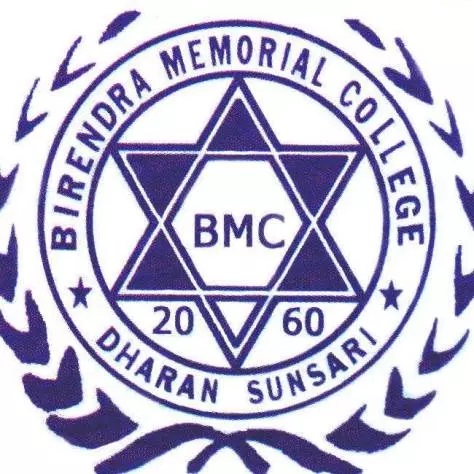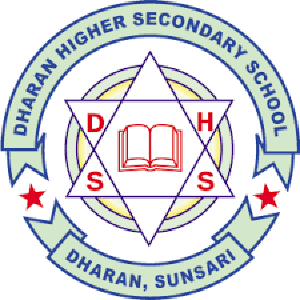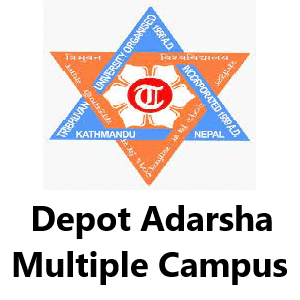Overview
Vishwa Adarsha College (VAC) in Itahari, Sunsari, runs Tribhuvan University–affiliated programs—BBS, BCA, and MBS—and Class 11–12 (Science/Management) under NEB. Established in 2003 AD (2060 BS), the college serves learners from Nepal and abroad. This profile explains programs, admission steps, learning practices, facilities, student life, scholarships, and community work in clear, verifiable terms.
VAC was founded by educators with long classroom and administrative experience. Teaching links coursework with labs, projects, field visits, seminars, and research tasks. Policies on admission, assessment, attendance, and conduct are published and applied across sections. Leadership includes a chair, principal, program heads, and academic coordinators who manage timetables, quality checks, and student support.
Quick Highlights
-
Location: Itahari, Sunsari, Koshi Province, Nepal
-
Established: 2003 AD (2060 BS)
-
Affiliation: Tribhuvan University (BBS, BCA, MBS); NEB (Plus Two Science/Management)
-
Programs: BBS (4 years), BCA (4 years/8 semesters), MBS (2 years/4 semesters), Class 11–12
-
Facilities: Library with internet, dedicated BCA computer lab, seminar hall, sports courts, cafeteria, bus service
-
Student Platforms: Clubs, sports, annual magazine, creative fair, student quality circle
-
Scholarships: Grade-12 score–based admission fee waivers; entrance-rank awards; support windows for underrepresented learners
-
Attendance & Conduct: Program-wise attendance thresholds; clear code of conduct for punctuality, uniform, ID, and campus use
Academic Programs Offered
Bachelor of Business Studies (BBS)
Program overview
BBS is a four-year TU program in management. It covers accounting, finance, marketing, economics, law, communication, organizational behavior, and the Nepal business environment. The program suits learners aiming at entry-level roles in business and public organizations or planning to start small ventures after graduation.
Curriculum snapshot
-
Compulsory: Business English, Business Statistics, Microeconomics, Macroeconomics, Business Law, Business Communication
-
Core: Financial Accounting, Cost & Management Accounting, Principles of Management, Fundamentals of Marketing, Financial Management, Organizational Behavior & HRM, Business Environment & Strategy, Taxation in Nepal, Entrepreneurship, Business Research Methods, Foundation of Financial Systems
-
Concentration: Three advanced papers in one functional area (e.g., Finance or Marketing) as offered by TU
Learning and assessment
Teaching combines lectures, guided discussion, presentations, quizzes, and field reports. Internal tests and TU examinations determine progression and graduation. Class timing for BBS commonly runs in the morning shift (e.g., around 6:15–10:30 a.m., as scheduled each term).
Career paths
Graduates take roles in accounting support, banking operations, sales and marketing, office administration, and junior analyst work. Many prepare for public service exams or continue with MBS/MBA or professional credentials.
Bachelor of Computer Application (BCA)
Program overview
BCA is a four-year, eight-semester TU program (Faculty of Humanities and Social Sciences). It covers computing fundamentals and applied areas for software, web/mobile development, networking, databases, and data-oriented tasks.
Curriculum snapshot
-
Core areas: C programming, Java/OOP, Data Structures and Algorithms, Web Technology, Operating Systems, DBMS, Software Engineering, Computer Networks, Probability & Statistics, Numerical Methods, Scripting
-
Advanced semesters: Cloud computing, information security, mobile programming, distributed systems, network programming, data analysis and visualization; electives may include AI, GIS, IoT as per TU course list
-
Projects and internship: Multi-stage projects (Project I–III) plus an internship in later semesters
-
Evaluation: TU semester GPA model (4-point scale) with continuous internal work and end-semester exams
Learning and assessment
Delivery is lab-centered with code reviews, documentation practice, workshops, and seminars. Students present demos, maintain versioned code, and follow reporting formats set by instructors and TU.
Career paths
Common roles include software developer, web/app developer, database administrator, system analyst, network administrator, UI/UX associate, IT support lead, and technical writer. Graduates may move into data or product tracks with further study and project experience.
Master of Business Studies (MBS)
Program overview
MBS is a two-year, four-semester TU program for graduates seeking advanced roles in accounting, finance, marketing, operations, and general management across private, public, and nonprofit settings.
Curriculum snapshot
-
Core: Research Methodology, Statistical Methods, Managerial Economics, Organizational Behavior, HRM, Managerial Finance, Management Accountancy, Accounting for Decision and Control, Marketing Management, Production & Operations Management, International Business, Entrepreneurship, Strategic Management, Business Environment
-
Specialization: Accounting, Finance, Marketing, or Management (three advanced subjects)
-
Dissertation: Original research under faculty supervision with formal evaluation
Learning and assessment
In-semester work usually carries around 40%, and semester-end exams around 60% under Faculty of Management rules. TU grading requires a minimum B- (GPA 2.7) per course to sit final exams and a CGPA near 3.0 (B) for the program pass, as per the scheme in effect.
Plus Two (NEB) — Science and Management
Program overview
The Plus Two section runs Science and Management. Science includes Physics, Chemistry, Biology, and Mathematics. Management includes Accountancy, Economics, Business Studies, and related subjects. The section prepares learners for TU bachelor-level study and professional routes.
Learning support
Students take class tests, terminal exams, presentations, and remedial sessions. Counselors and class teachers help build study plans for board exams and future admissions.
Admission Process
Steps at a glance
-
Counseling
Visit the admissions desk for program advice, eligibility checks, and document lists. Parents/guardians are welcome during counseling. -
Application
Submit transcripts, character certificates, photos, ID, and entrance documents where required. Attach scholarship-related evidence if applying for fee support. -
Entrance
-
BBS: College-level entrance test and interview
-
BCA: TU FOHSS BCA entrance, then college interview
-
MBS: CMAT (TU Faculty of Management), then interview and seat allocation
-
Plus Two: As per NEB and college intake norms
-
-
Eligibility
-
BBS/BCA: CGPA ≥ 2.0 with D+ in each subject at Grade 11–12 (or equivalent)
-
MBS: Bachelor’s degree from TU or a TU-recognized university; CMAT qualification as per TU rules
-
Plus Two: SEE or equivalent; subject-wise criteria apply
-
-
Selection & enrollment
Seats are granted by merit under TU/NEB frameworks. Offer letters specify fees and orientation schedules. -
Orientation
New learners receive briefings on routines, exam calendars, attendance rules, code of conduct, and use of library/labs.
Program-wise checklists
BBS
-
Documents: Grade 11–12 marksheets, character certificate, ID, photos
-
Process: College entrance → interview → admission
BCA
-
Documents: Grade 11–12 marksheets, character certificate, ID, photos, TU FOHSS entrance admit card and score
-
Process: TU entrance → college interview → admission
MBS
-
Documents: Bachelor’s transcripts and degree certificate, CMAT credentials, ID, photos
-
Process: CMAT → interview → seat confirmation → admission
Plus Two (Science/Management)
-
Documents: SEE marksheet, transfer and character certificates, ID, photos
-
Process: College screening based on merit and seat availability
Attendance and conduct
Semester courses generally require 80% attendance; annual courses around 70%. The code of conduct covers punctuality, uniform, ID display, and responsible use of campus property. Repeated rule breaches invite disciplinary action as per published policy.
Teaching Faculty and Learning Methodology
Academic leadership
A governing board, principal, and program coordinators oversee planning, timetables, and quality checks. Regular meetings review course coverage, assessment calendars, and student support. Management streams and BCA have designated leads who track outcomes and coordinate events and industry exposure.
Day-to-day teaching
-
Lectures with guided Q&A and short tasks
-
Group work, presentations, and case-based assignments
-
Field visits with report writing (BBS/MBS)
-
Labs, workshops, and code walk-throughs (BCA)
-
Guest talks by practitioners and alumni
Assessment practice
-
BBS: Internal tests and TU examinations
-
BCA: Continuous evaluation plus end-semester exams under TU’s GPA scheme
-
MBS: In-semester work (around 40%), end-semester exams (around 60%), and a dissertation
Infrastructure and Learning Facilities
Library
The library keeps textbooks, reference works, journals, periodicals, newspapers, and faculty handouts. Sections are catalogued for quick access. Internet is available. Reading spaces are set for students and faculty. Typical hours are about 6:15 a.m.–4:00 p.m. on working days; exam-period needs are accommodated as feasible.
Computer lab (BCA)
A dedicated BCA lab houses around three dozen machines for programming, database tasks, networking labs, and project builds. Software is updated to match semester plans and course needs.
Seminar hall
The hall hosts student presentations, workshops, and guest lectures for both management and computing streams.
Classrooms and campus
Classrooms are arranged for clear visibility and group tasks. The compound includes basketball and volleyball courts and designated corners for indoor activities. A green enclosure supports a calm study setting.
Transport and cafeteria
College buses serve routes such as Laxmi Marga, Inaruwa, Duhabi, Tarahara, and Kalabanjar at subsidized rates. The cafeteria provides hygienic snacks and meals during college hours.
Safety and discipline
Rules cover attendance, uniform, timely entry and exit, and careful use of labs and equipment. Students wear an ID card on campus. Notices are posted on boards; students are expected to keep track of updates.
Student Life and Campus Experience
Students follow a steady routine of classes, labs, and assignments. Support comes from class teachers and program heads. Parent/guardian meetings follow terminal and pre-board exams. Learners take part in presentations, clubs, sports meets, literary events, and social outreach, which helps with confidence and teamwork.
Extracurricular Activities (ECA)
-
Sports: Table tennis, badminton, basketball, volleyball, football, futsal, chess
-
Creative Mela: An annual fair with video making, speaking, drawing, and themed contests
-
Clubs and forums:
-
Bio Club for campus cleanliness and greenery
-
Literary Association (LAVAA) for reading circles and writing
-
Cultural Club for inter-cultural events
-
Student Quality Circle for peer-led academic improvement
-
-
Annual magazine: “Voice of VAC” features student writing, interviews, artwork, and campus stories
Scholarships and Financial Support
Grade-12 score–based admission fee waivers
-
A+: 100% admission fee waiver
-
A: 60%
-
B+: 50%
-
B: 40%
-
C+: 30%
-
Below C+: 20%
Entrance-rank awards (illustrative)
-
Ranks 1–10: Admission fee waivers plus first-term tuition support on a sliding scale
-
Ranks 11–20: Admission fee waivers at graded rates
Additional considerations
If a policy window is not explicitly listed for a specific need, the college considers separate support for learners with disabilities and those from underrepresented backgrounds, subject to seat and policy limits. Regular internal evaluation and counseling help identify students who need remedial classes or extra follow-up.
Achievements and Institutional Milestones
-
Enrollment across Plus Two, bachelor’s, and master’s sections has remained steady
-
TU and NEB exam outcomes are shared in internal events and notices
-
Active student participation in clubs, sports, exhibitions, and the annual magazine
-
Alumni association networks graduates and supports campus initiatives
Community Engagement and CSR
Activities have included support for local health posts and hospitals, road safety work with traffic police, assistance during disasters, and learning materials for community schools. These events link student learning with service and basic project management practice.
Infrastructure and Learning Facilities (Detailed View)
Learning resources
-
Updated texts and references mapped to TU/NEB syllabi
-
Faculty notes and handouts where applicable
-
Research support for BBS/MBS report writing and MBS dissertation protocols
-
Internet access in the library and the BCA lab
Academic support
-
Remedial classes scheduled by demand and faculty focus
-
Short workshops on spreadsheets, accounting packages, research tools, and presentation skills
-
Field visits to banks, industries, and local enterprises (BBS/MBS)
-
Industry exposure and tech meetups where feasible (BCA)
Why Choose This Institution?
-
TU and NEB affiliations with clear curricula and exam systems
-
Classroom learning backed by labs, projects, field visits, and structured presentations
-
Research and writing culture at the master’s level with a required dissertation
-
Clubs, sports, creative fairs, and a campus magazine for a balanced routine
-
Access to a library with internet, a dedicated BCA lab, a seminar hall, bus service, and a cafeteria
-
Scholarships tied to Grade-12 results and entrance merit, plus support windows for special cases
-
Community links that help students connect classroom ideas with local needs
Conclusion
Vishwa Adarsha College provides TU-aligned BBS, BCA, and MBS programs and NEB Plus Two streams in Science and Management. The college follows set rules for entry, attendance, and evaluation and supports learning with facilities, clubs, and outreach. Applicants and guardians can use this profile to review programs, eligibility, schedules, and campus practices.
Contact Vishwa Adarsha College's administrative office for detailed information on the course, admissions, location, fees, scholarships, facilities, counseling, or eligibility.
Contact Details
Vishwa Adarsha College
Email Address: vaccollegeith@gmail.com
Phone Number: +977-25-586017, +977-025584505, +977-25-582163, +977-9852048927
Website: https://college.vac.edu.np
Location: Aaitabare - Itahari, Sunsari, Nepal


